
Vaccines Europe is a specialised vaccines group within the European Federation of Pharmaceutical Industries and Associations (EFPIA), the professional association of the innovative pharmaceutical industry in Europe. Vaccines Europe was created in 1991 to provide a voice for the vaccine industry in Europe. In 2023, the group represents 15 vaccine companies of all sizes operating in Europe, and currently includes all the major global innovative and research-based vaccine companies, including small and medium-sized enterprises. Together with its direct membership and a network of 24 National Vaccine Industry Groups across Europe, Vaccines Europe’s mission is to drive a sustainable and resilient vaccines environment in Europe, protecting people against infectious diseases at all stages of life.
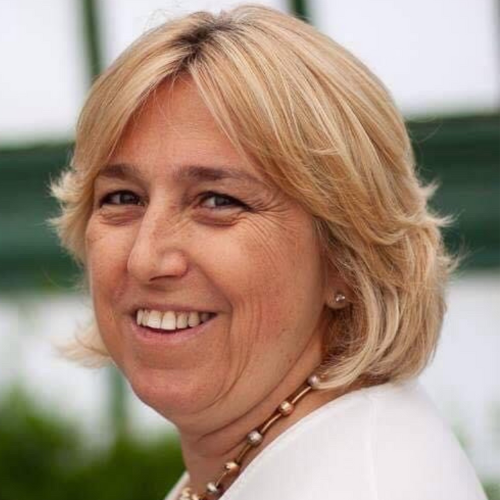
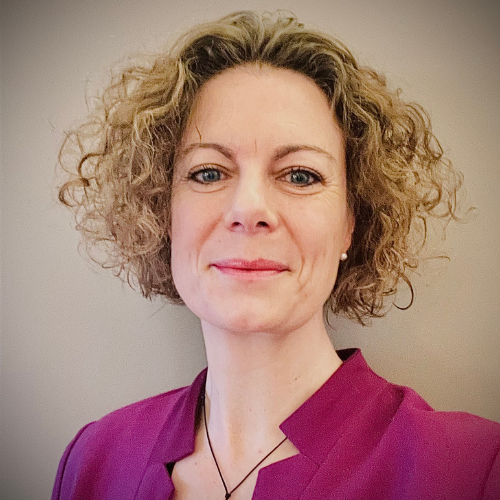
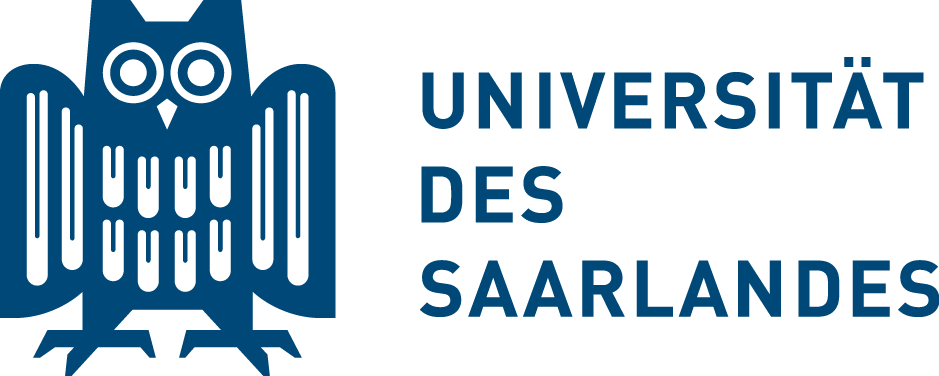
University of Saarland is a mid-sized, dynamic, research-oriented university in Southwest Germany near to France, Luxemburg and Belgium located on two campuses, Saarbrücken and Homburg. The university maintains a wide spectrum of disciplines in research and education, including medicine, law, economics, humanities, natural sciences, and engineering. The Medical Faculty is closely interlaced with the Saarland University Medical Center and its 30 departments and 20 institutes. This includes the collaboration on the exemplary establishment of an Immunization Information System in Saarland and three other federal states (IISAAR). Saarland University’s institutional identity is defined by three main areas of research and teaching: “Computer Sciences”, “NanoBioMed Sciences”, and “European Studies and Internationality”. The campus of USAAR is also home for other major research institutions, such as Max Planck, Helmholtz, Leibniz and Fraunhofer institutes or the German Research Center for Artificial Intelligence. USAAR with its highly interdisciplinary scientific profile is very active in national and international research collaborations in different funding instruments and settings.
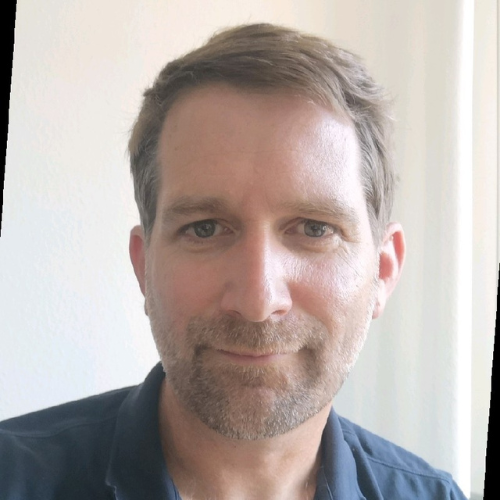
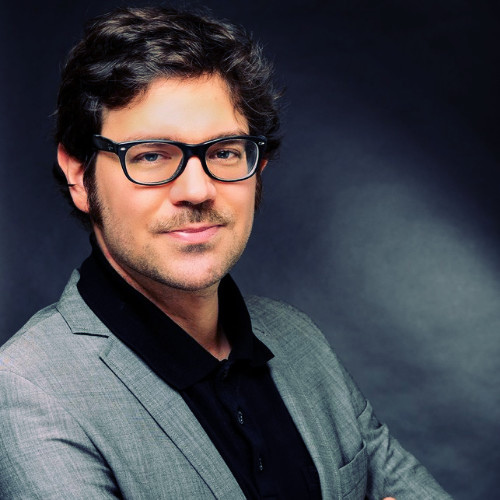
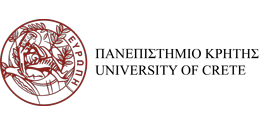
University of Crete and its School of Medicine has developed a strong primary healthcare and public health network and it has a major contribution both as Coordinator and as a partner in European collaborative research projects, including multiple with a relevance to the COVID-19 period. It was accountable for a national training programme in teaching pharmacists how to implement and administer vaccinations against flu, while it developed a digital platform and an implementation programme in primary care addressing the vaccination hesitancy during the COVID-19 pandemic. UoC jointly with the University Hospital was accountable for administering the vaccination programmes in the inner Heraklion city district during the COVID-19 period. The Coordinator of the EUVABECO consortium (CL) is also a member of the Scientific Advisory Group on Vaccines (SAG) of the European Medicines Agency (EMA) and the senior researcher (EP) currently serves in Healthcare Professionals’ Working Party of the EMA and in the Advisory Forum of the Health Emergency Preparedness and Response Authority, and as the representative of the European Public Health Association (EUPHA) to the EMA; together they lead the Working Group for Vaccines at the European Forum for Primary Care (EFPC). Furthermore, UoC has collaborated via the National Organization for Healthcare Service Provision in the PHIRI (Population Health Information Research Infrastructure) and has represented Greece in the context of World Health Organization exchanges on health information and health literacy, whereas its members have served as experts for infodemic management too.
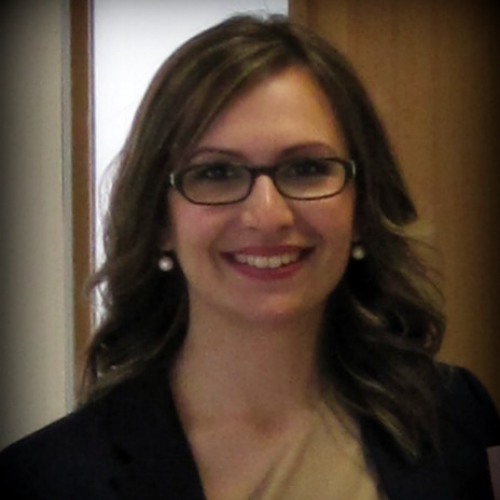
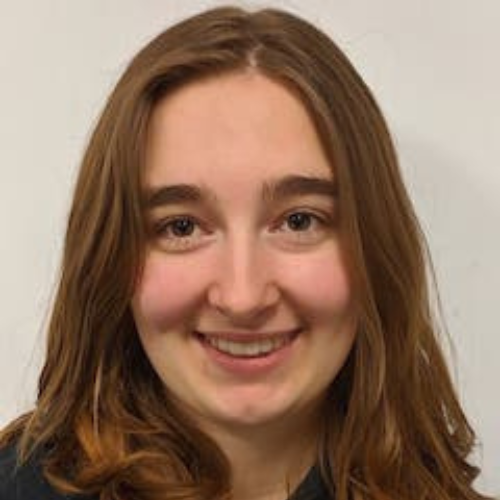
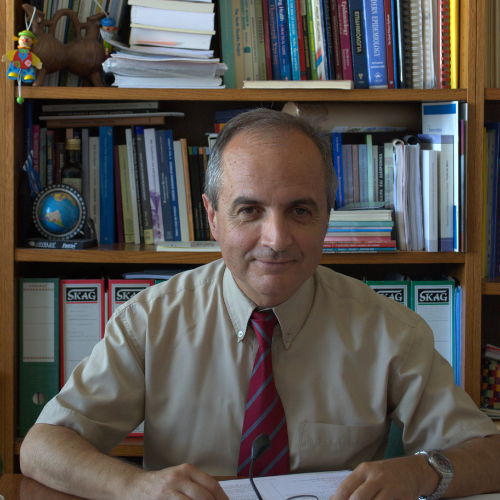
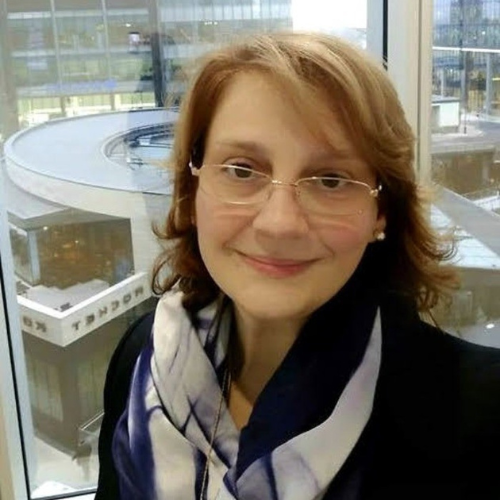
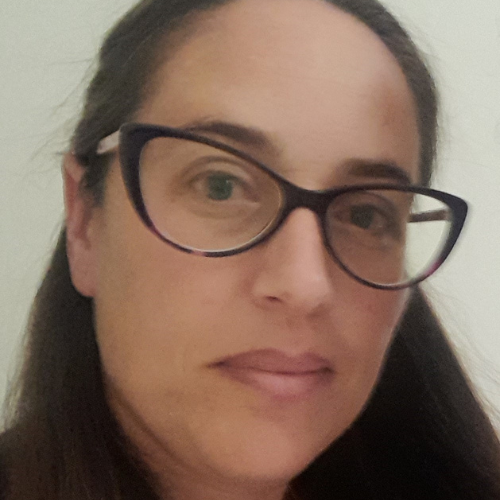

Sciensano can count on more than 700 staff members who commit themselves, day after day, to achieve the motto: Healthy all life long. As the name suggests, science and health are central to the mission of Sciensano. Sciensano’s strength and uniqueness lie within the holistic and multidisciplinary approach to health. The focus is on the close and indissoluble interconnection between human and animal health and their environment (the “One health” concept). By combining different research perspectives within this framework, Sciensano contributes in its unique way to everybody’s health. For this, Sciensano builds on the more than 100 years of scientific expertise of the former Veterinary and Agrochemical Research Centre (CODA-CERVA) and the ex-Scientific Institute of Public Health (WIVISP).
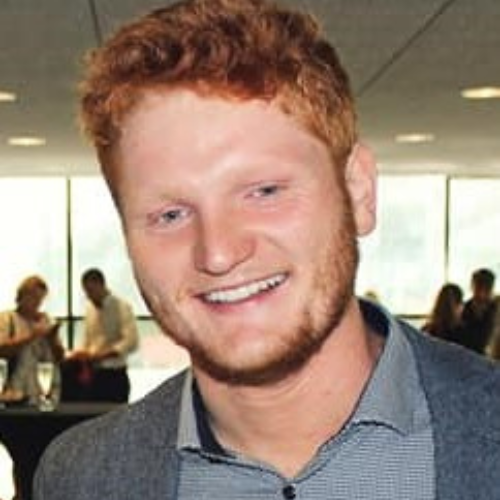
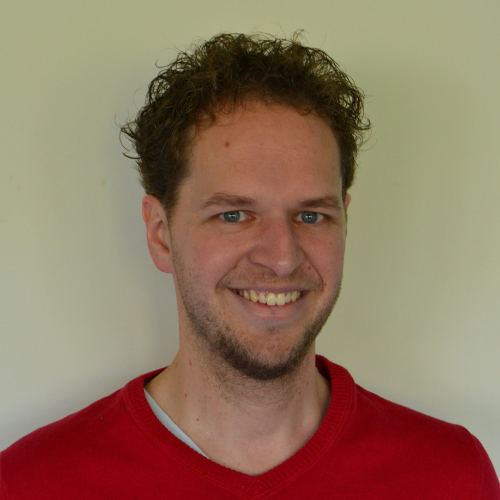
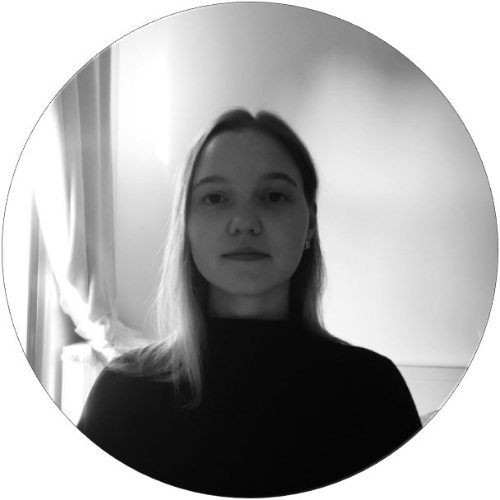

Rīga Stradiņš University (RSU) is a public university in the Republic of Latvia. RSU is presently a leading academic research institution in the fields of medicine, pharmacy, dentistry, rehabilitation, and nursing sciences. In 2024 RSU had ~10 467 students, including >150 doctoral students. Rīga Stradiņš University (RSU) has been recognised as the university with the best reputation in Latvia for four years in a row, gaining the highest rating among the 10 largest Latvian universities according to a study conducted by market research company Kantar TNS in 2017, 2018, 2019, 2020, 2021, 2022 and 2023. RSU has received the title of Export Champion at the Export and Innovation Awards which the Investment and Development Agency of Latvia organises together with the Ministry of Economics. Between 2017 and 2021 RSU applied for 130 international research projects, of which 39 were funded for the total amount over 25 million EUR. Among the funded projects, 13 are Horizon 2020 projects and 9 are ERA-NET projects, and the overall success rate of these programmes is slightly above the EU average. In the EUVABECO project, RSU leads WP2 (MS uptake & dissemination) and participates in WP3, WP5, and WP6, and RSU professor Dace Zavadska is a member of EUVABECO Project Coordination team.
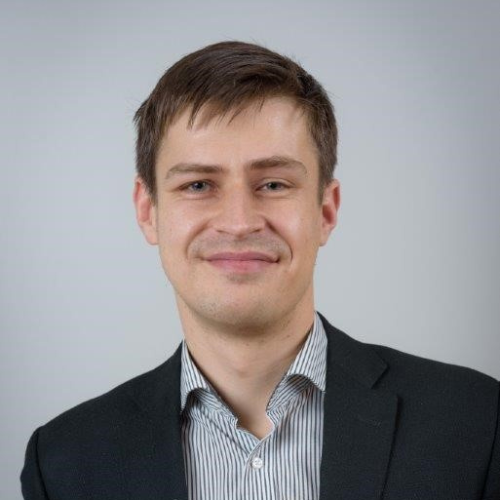
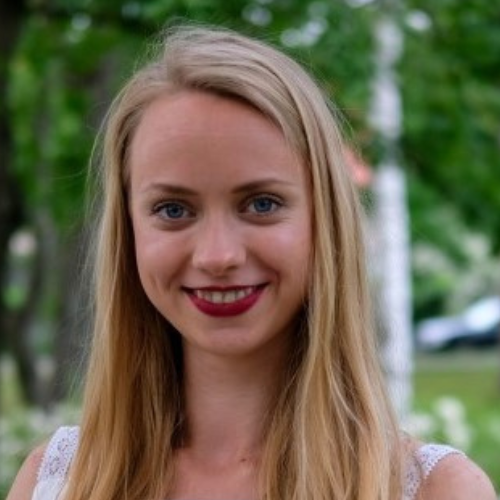
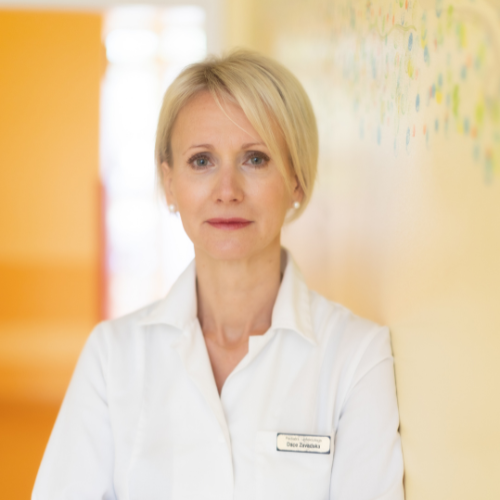

Linköping University : A large medical Faculty that have a close connection to the County Council responsible for health care and the vaccination program in a large region in southeast Sweden (around 500.000 inhabitants). In this defined region (representative for Sweden). Besides, we also have access to national data of vaccination for COVID as well as other vaccination programs retrospectively. Also, policy programs on the national and regional level for vaccination over the years. This includes data of vaccination coverage and also data of public health aspects like how well priorities of risk groups, ages and social groups has been fullfilled. The Swedish team has for decades been involved in international research collaborations within project OTC_Sociomed and QUALICOPC within the EU 7 Frameprogram 2009-2012. but also participating in project funded outside EU like the EPOCH project supported by the Canadian Institute of Health.
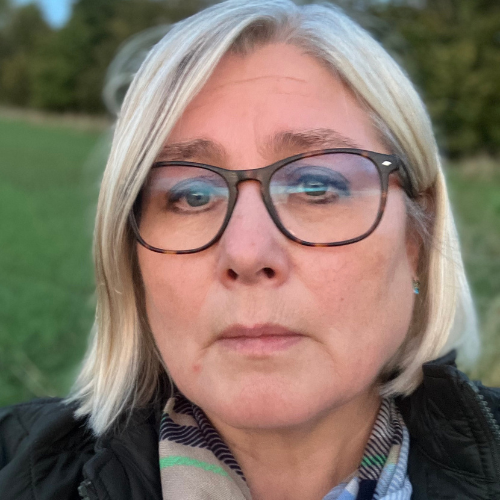
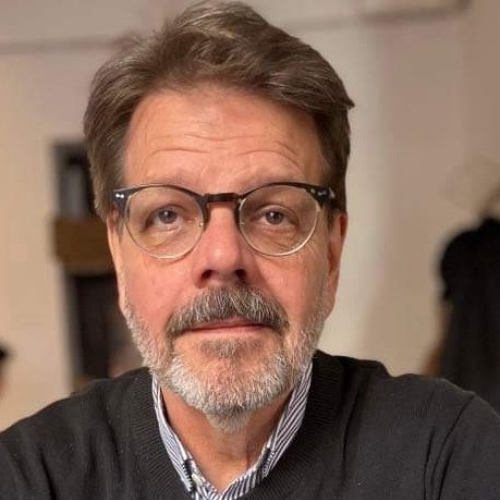
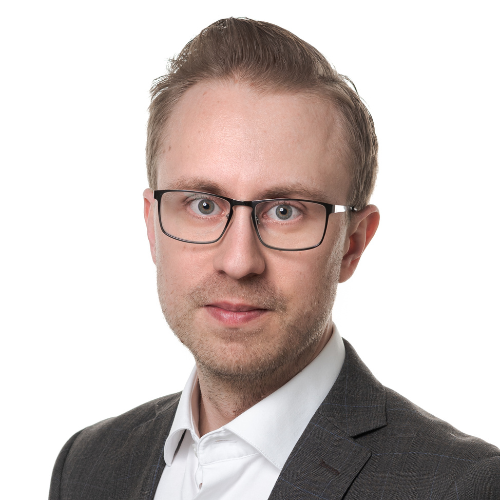
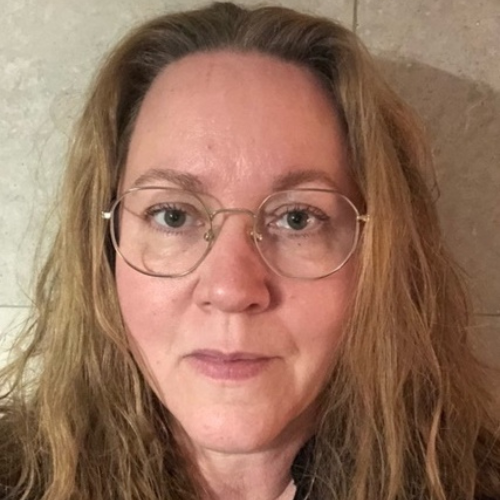
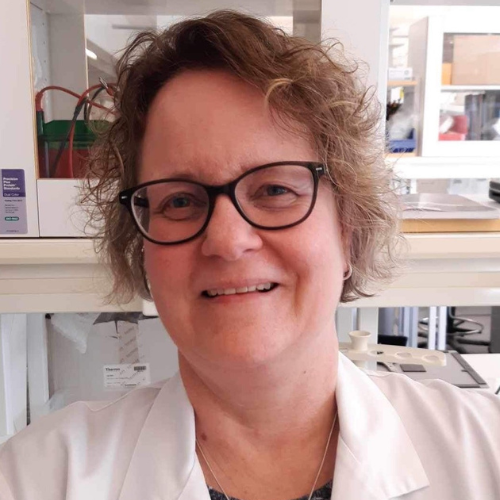
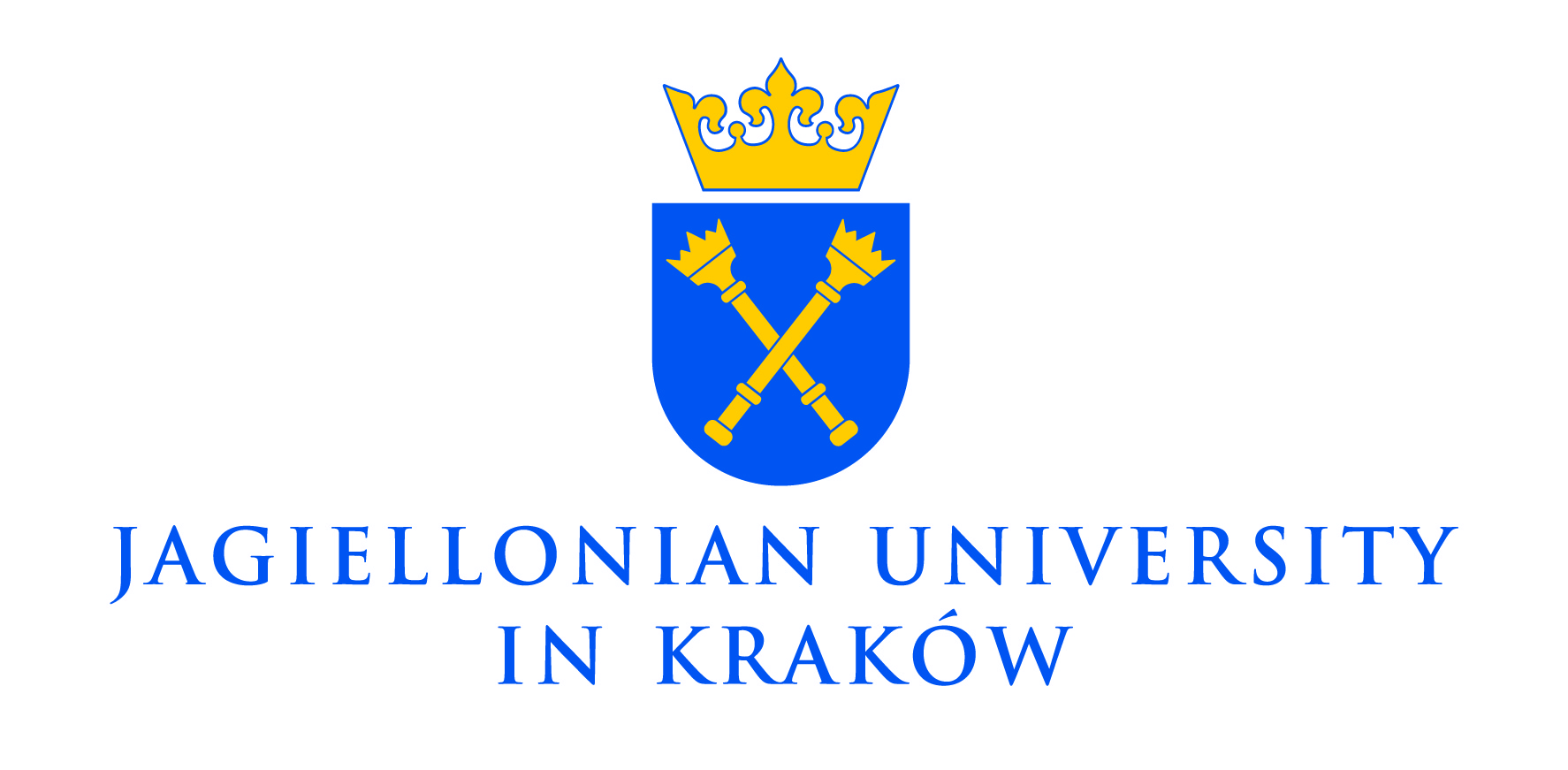
Jagiellonian University combines tradition with the challenges of the modern world. It is one of the leading Polish scientific institutions repeatedly gaining the first place among Polish universities on Shanghai list, The University collaborates with major academic centres from across the world. Jagiellonian University Medical College consists of three faculties (Medicine, Pharmacy and Health Sciences) and employs over 2000 professionals, including about 1200 academic teachers and researchers. The Faculty of Health Sciences and notably the Institute of Public Health has strong research and teaching infrastructure. The interests of the research and teaching staff of the Institute of Public Health focuses on issues related to health care organization and funding, health economics, administration and management, epidemiology, health promotion, community health, environmental health, nutrition, management and economics of medicines and medical devices, health technology assessment. The project will be carried in the Department of Health Promotion and e-Health that develops interdisciplinary research combining aspects of public health and the use of innovative IT systems.
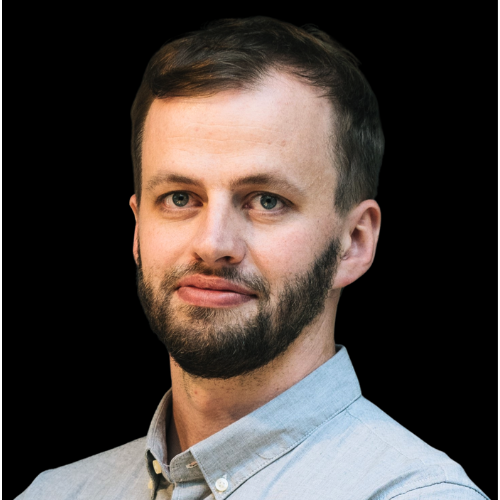
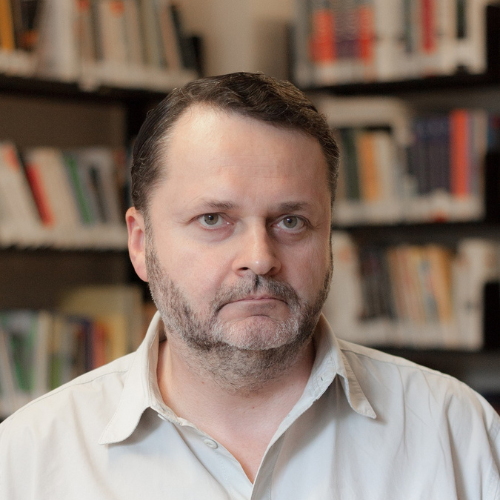
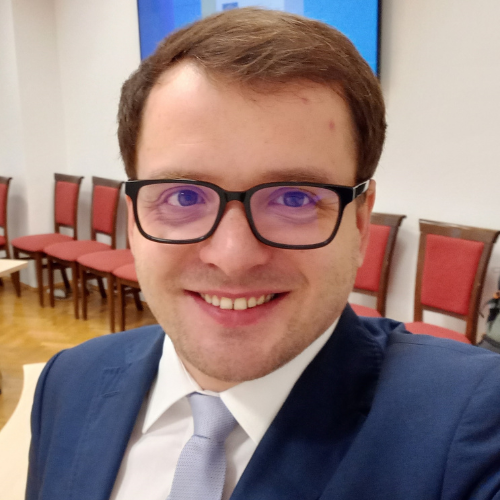
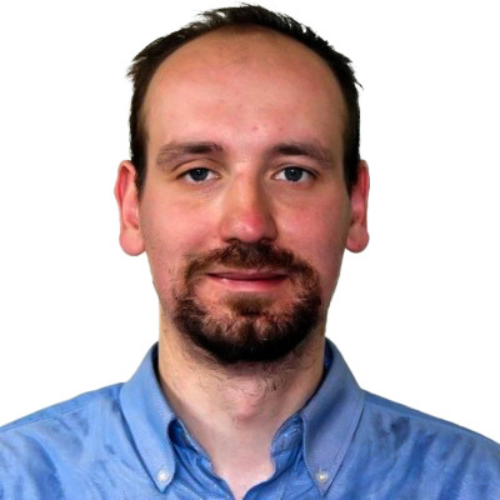
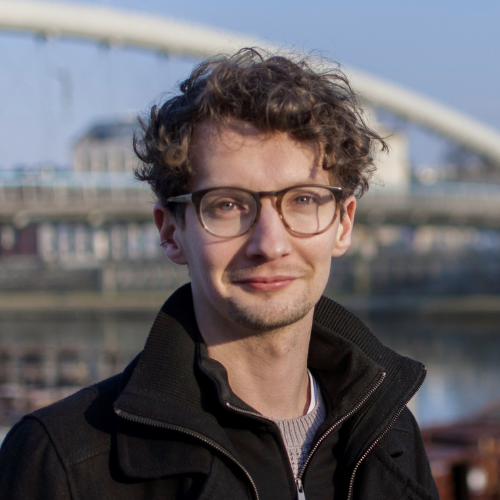
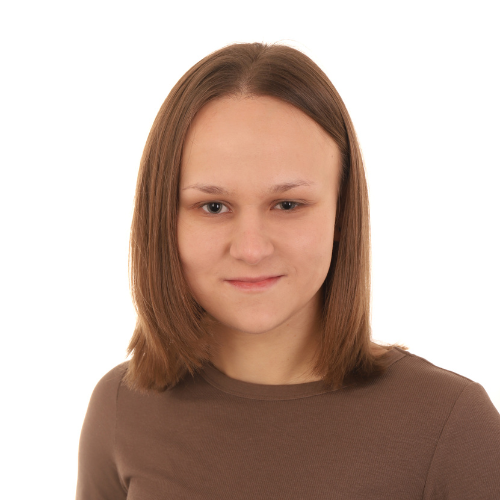
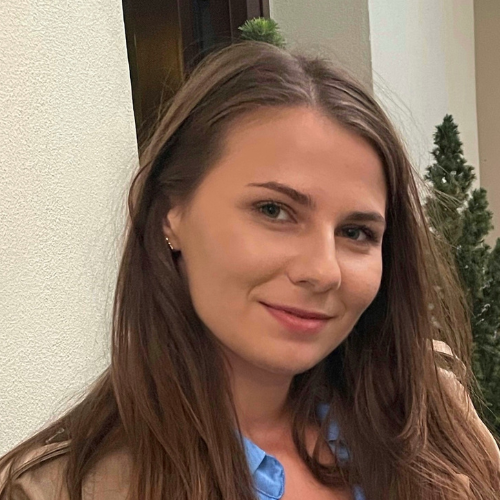
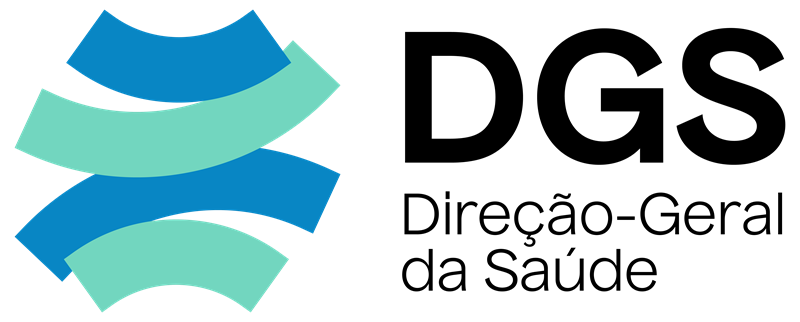
Health General Directorate - DGS is a central service of the Ministry of Health of Portugal that regulates, guide and coordinate health promotion and disease prevention activities; define technical conditions for healthcare provision; plan the national policy for health system quality; and prepare and execute the National Health Plan. It is headed by the Director General of Health, assisted by two Deputy Directors General of Health, and includes 4 service directorates, 9 divisions, 2 multidisciplinary units and 12 priority health programmes.

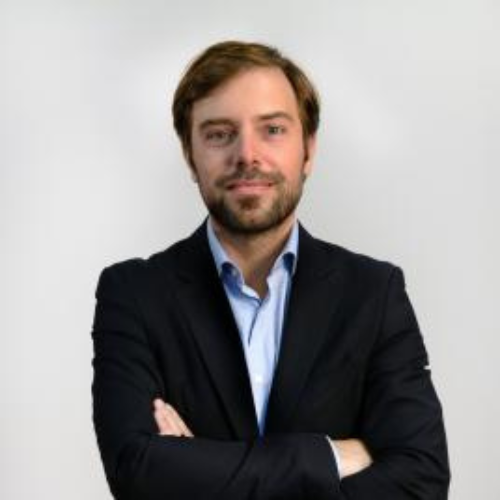
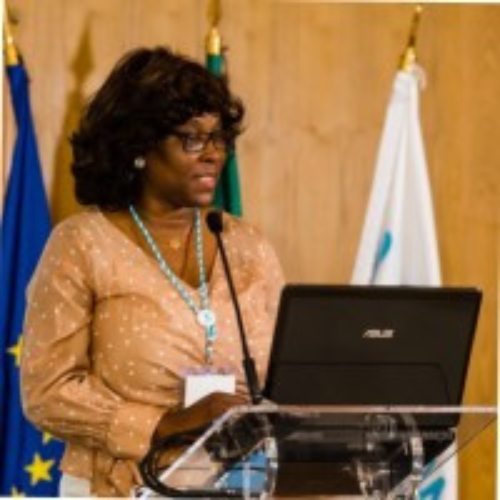
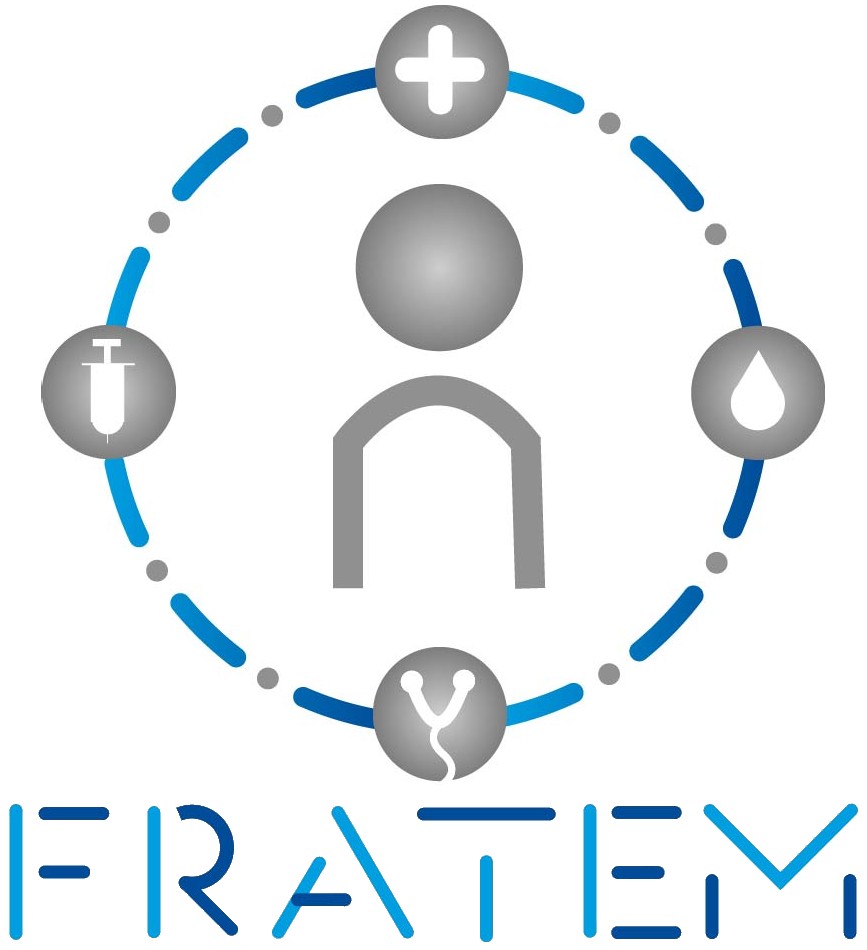
FRATEM is a private non-profit association of healthcare professionals and establishments. It is officially recognized and funded by a Walloon government decree, to operate the following e-health services: Hub = secure interconnection of the electronic medical records from primary and secondary care sectors to share decentralized medical documents; Safe = central store of medical information provided by the ambulatory care sector including a structured patient summary, medication scheme, vaccination card, diary, wound photos…;- Portal: a portal accessible by the patient and healthcare professionals. FRATEM operates the system for the Walloon and Brussels regions.
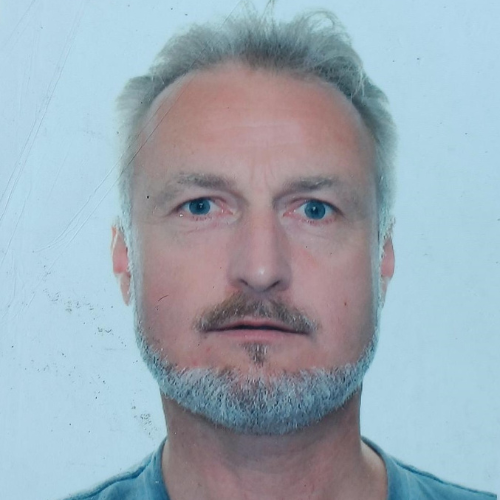
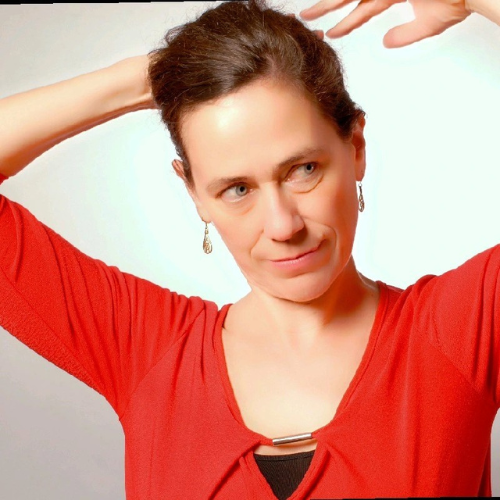
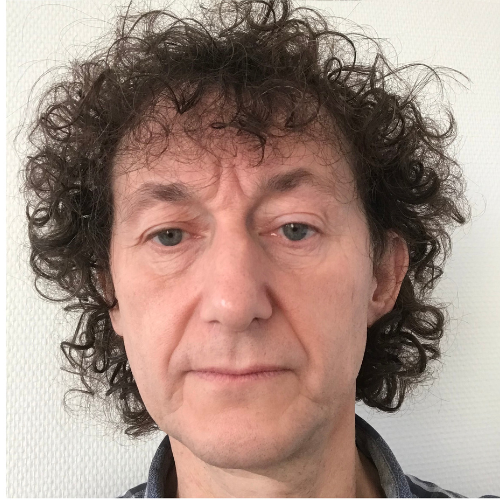
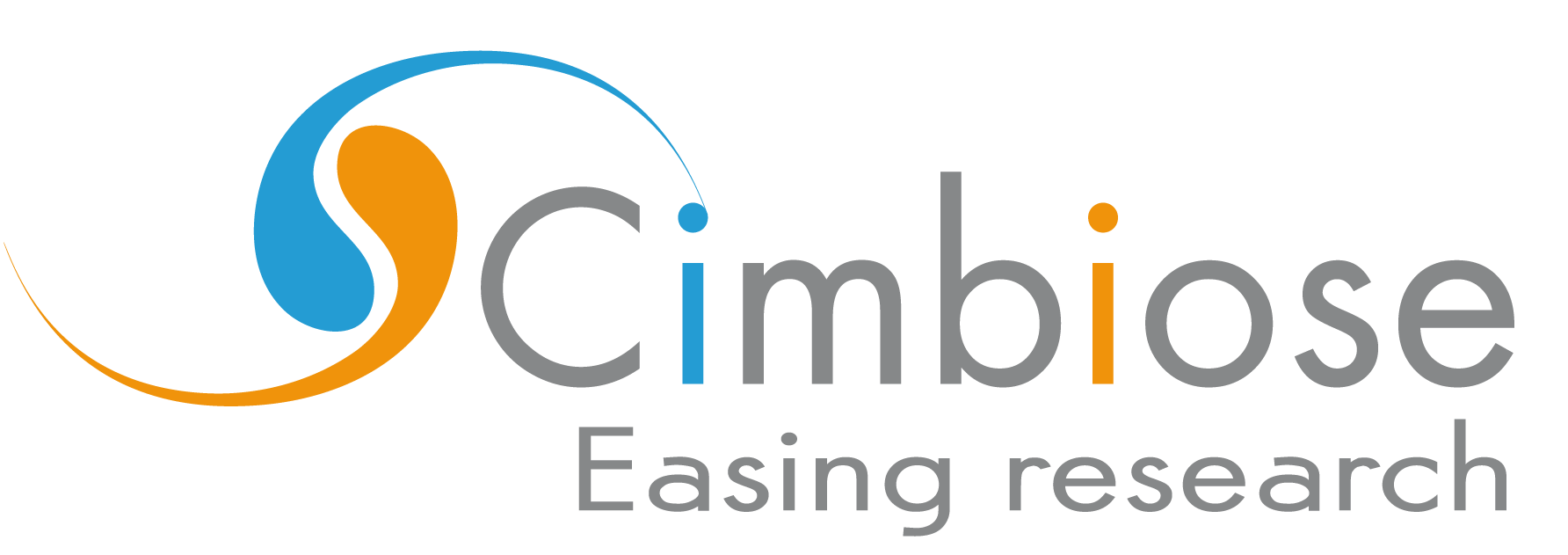
Cimbiose (https://www.cimbiose.com) has been doing research for both the academic and industrial sectors for the past 14 years. The company has successfully built more than 40 projects and managed more than 20. It has also participated or led large health project such as (e-Meuse santé, ARIANES at national scale, and Vaccines-EU, or HiScore at the European scale). Cimbiose will assist the coordinator in the operational management of the project and the Steering committee (WP1) and will work on data gathering, analysis, and structuration and development of the implementations plans (WP3, 4, 7).
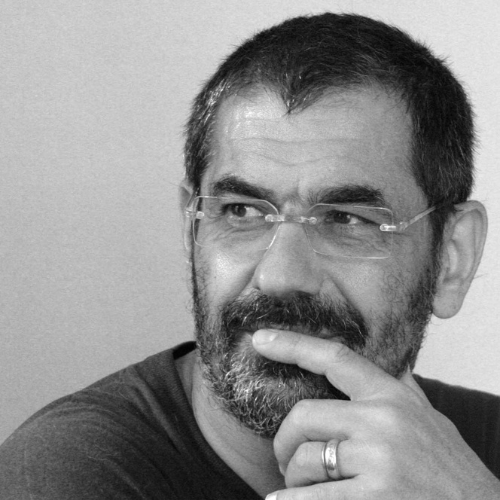
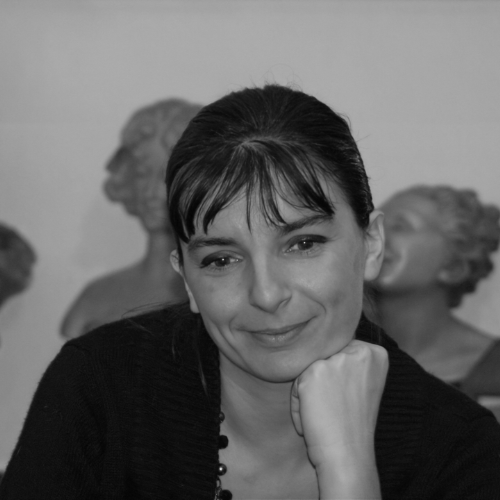


Agence eSanté is Luxembourg’s national eHealth competence centre whose two main missions are to: put in place and operate a national digital healthcare services platform (eSanté platform) that facilitates the exchange and sharing of medical data – both on national and cross-border level – in a secure and data protection compliant way. It is also Luxembourg’s National Contact Point for eHealth for the MyHealth@EU programme. define a national eHealth strategic roadmap aiming to promote and enhance interoperability between the different healthcare information management systems used by the various healthcare providers.
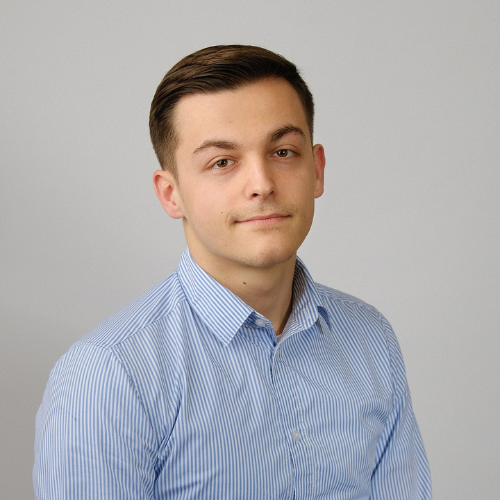
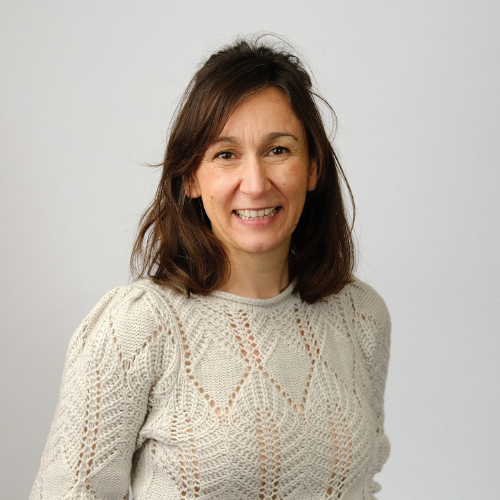
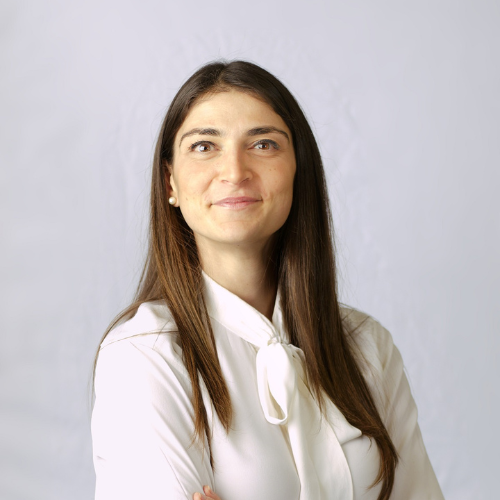
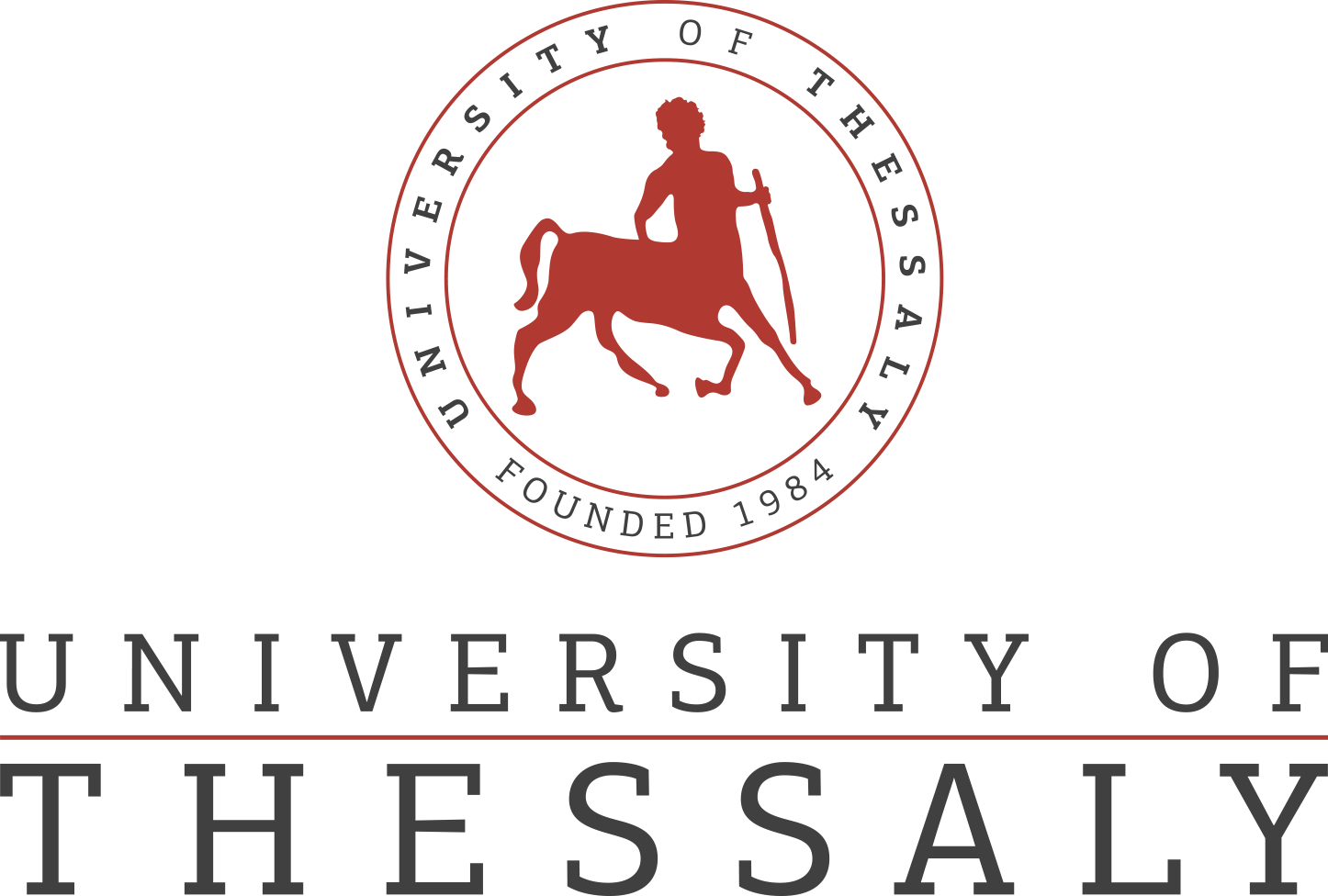
University Of Thessaly. The Laboratory of Hygiene and Epidemiology, Faculty of Medicine in the University of Thessaly has a recognised expertise in the health aspect of shipping. The laboratory coordinates, leads or participates in many EC projects and contracts. ut is designated as a WHO Collaborating Centre for the International Health Regulations: points of entry (WHO Reference: GRE-27).
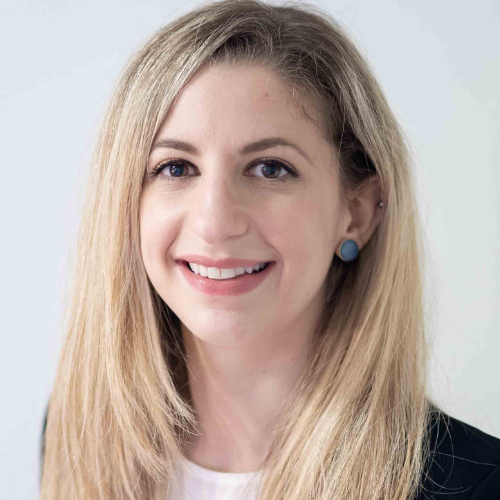
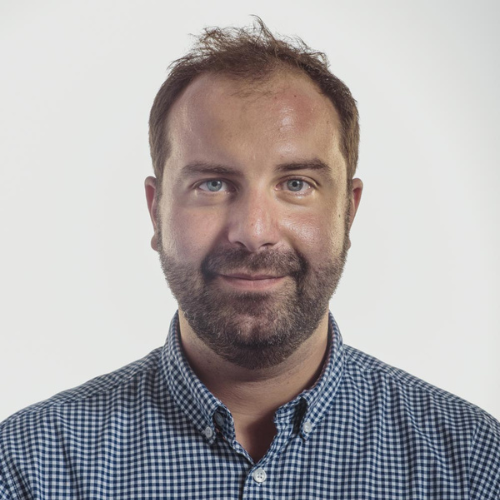
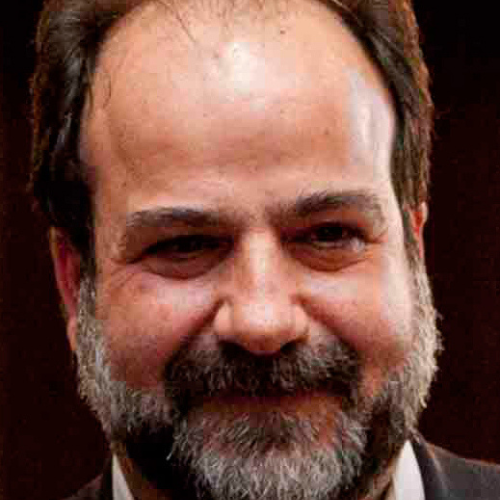
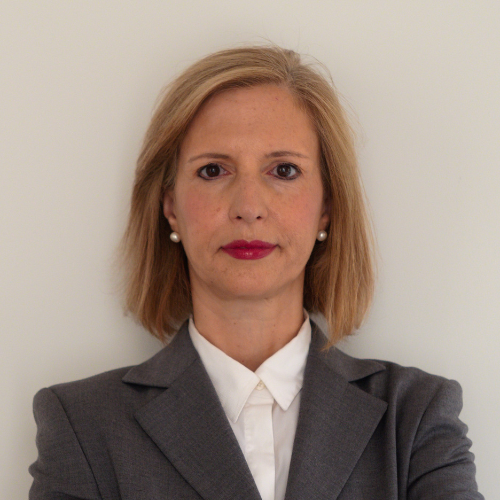

Wroclaw Medical University as a medical university conducts its activities in the main areas: didactic, scientific and clinical on the basis of the University Clinical Hospital. The university conducts scientific activities in the field of medical sciences and health sciences and in disciplines - medical sciences, pharmaceutical sciences and health sciences. In 2021, the WMU was among the 10 Polish universities recorded on the Shanghai list 2021. In 2022, WMU once again found itself in the global ranking of the Shanghai List in the fields of clinical medicine and public health and achieves better and better results in this prestigious list, placing in the 201-300 range of the best universities in the world. This year, the university was first in The WUR (Times Higher Education World Universities Rankings) and was classified in the group 351-400 of the best universities in the world.However, in the field ranking The WUR "by Subject", WMU is in 1st position in Poland in the field of clinical and pre -clinical medicine. Noteworthy are also high deposits of WMU in international rankings, e.g. US News Best Global Universities: 1st place among Polish medical universities and 7th place among 42 of all Polish universities included in the ranking. The Wroclaw Medical University actively participates in many projects for the development of science, entrepreneurship, introduction of technological innovations, cooperating with both state, local government and enterprises.

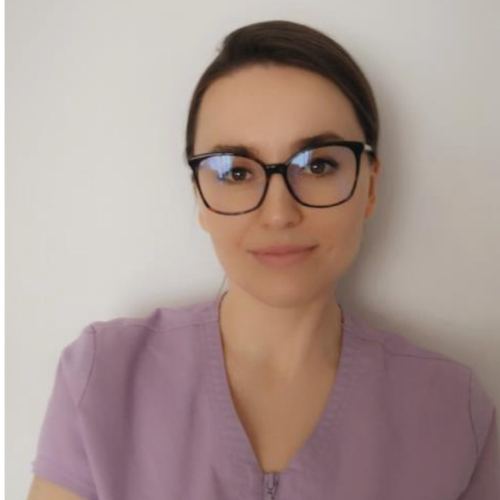
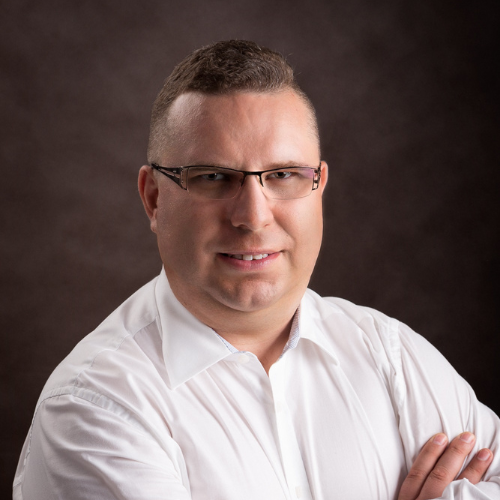
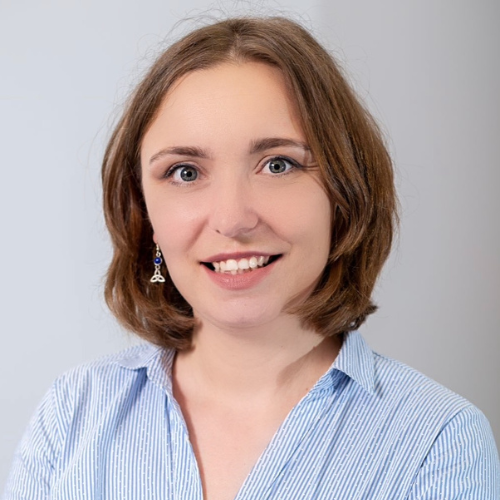
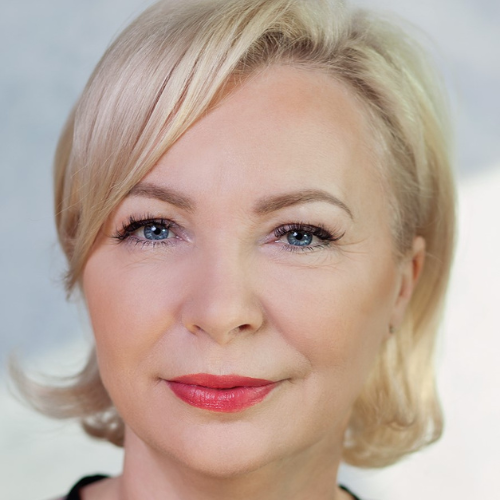

SYADEM has been developing and operating clinical decision systems and immunization information systems (IIS) for 12 years. Its solutions are deployed at scale in France and Luxembourg. SYADEM has also been the technical leader within the study on options and recommendations for an EU citizen’s vaccination card. It will assist the Project Leader in the overall technical coordination and contribute operationally on the implementation plan and pilots for the portable digital vaccination card and the clinical decision system.
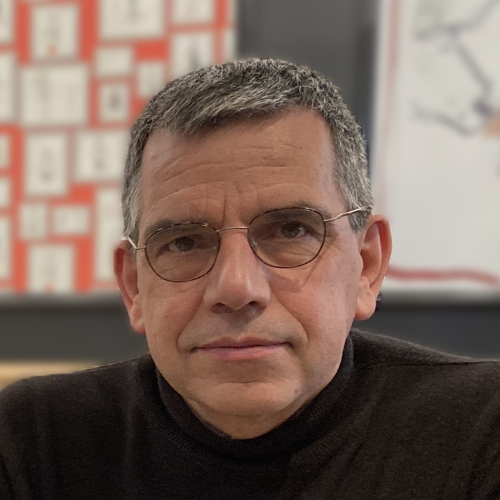
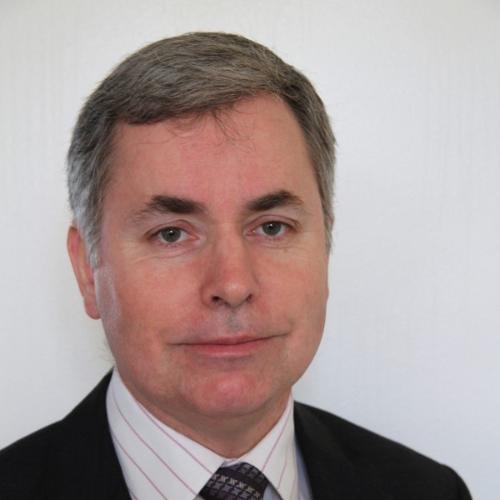
The Advisory Board is composed of identified individual experts that will deliver their high-level analyses on specific questions. They are invited to all plenary meetings. The Board primary role is to provide input, ideas and specialized expertise and where necessary to provide feedback on the basis of expertise reviewing deliverables prior to their public release. In this manner, the quality and relevance of the project’s outputs will be safeguarded

Nathan Bunker has two decades of experience working with immunization information systems, and is now serving as the Senior Technical Standards Architect at the American Immunization Registry Association (AIRA).
AIRA, an organization representing over 60 immunization registries across the United States, benefits from Nathan’s expertise in developing key interoperability interfaces that are vital to the immunization community.
His career transition from Software Developer to an advocate for technical standardization addresses the critical challenge of system inefficiencies. Nathan’s current focus is on facilitating the adoption of new standards to enhance public health outcomes. By combining his deep technical acumen with an ability to explain complex ideas to diverse audiences, he plays a pivotal role in advancing the immunization field.
Nathan’s guiding principle, “My job is to improve Public Health. I love my job,” encapsulates his dedication and passion for his work.
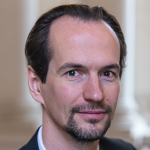
David Gruson is the Program Director of Home Health at La Poste in the Health & Autonomy department.
He holds a Doctorate in Health Law and a postgraduate degree in Information and Communication Technologies. David Gruson is also a member of the Management Committee of the Health Chair at Sciences Po Paris.
Throughout his career, he has held key positions in the management of our healthcare system and in the administration of healthcare institutions.
Additionally, he is the founder of Ethik IA, an initiative aimed at creating positive regulatory tools for the deployment of artificial intelligence and robotics in the healthcare sector. The operational proposals of Ethik IA have been notably highlighted in the missions of Cédric Villani and France Stratégie on artificial intelligence.
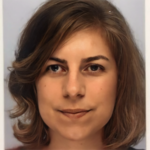
Louise HENAFF joined the Agenda, Policy and Strategy unit in the Immunizations, Vaccines and Biologicals department of WHO HQ in June 2017. She acts as the executive secretary of the Global NITAG Network (GNN), organizes the bi-annual meeting and webinars to foster experience sharing among NITAGs. She oversees all NITAG strengthening activities in collaboration with global partners and WHO regional offices. She also serves as the communication focal point for SAGE.
Prior to joining WHO HQ, she worked as a knowledge and network manager at the Agence de Medecine Preventive (AMP), facilitating exchanges and best practices among national immunization technical advisory groups (NITAGs).
In her spare time, Louise indulges in radio-documentary making. Several of her documentaries have been broadcast on France Culture, the French National Radio.
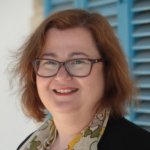
Dimitra Lingri (LLB, LLM, LLM) is a lawyer, specialised in public law and public health law, practising at the Council of the State, and working as the senior legal expert for the Greek National Organization for Healthcare Provision (EOPYY).
Since 2010, she is responsible for the implementation of health policies of the European Union and European health legislation into the national legislative system (main fields: RWD, RWE, secondary use of data, Artificial Intelligence (AI), HTA (medical devices and pharmaceuticals), cross-border healthcare, clawback and rebate mechanisms, pharmaceutical legislation, and for the medical devices negotiation procedures). As the foremost legal expert of the Greek national payer, she has represented the interests of the state and the payer at the national negotiation committee, including for the high-cost innovative medicines, hepatitis C, etc.) and she has served the Board of Directors of EOPYY. She currently serves as the legal advisor of the Greek National HTA Committee. She is the Managing Director of the European Healthcare Fraud and Corruption Network (EHFCN), where all the national payers and healthcare organisations combatting fraud, corruption, and waste come together , where she also co-chairs the AI Working Group of EHFCN. She has represented EOPYY in international organizations (AIM, EUnetHTA, ISPOR, PPRI, EHFCN) and has represented the EU healthcare payers in bilateral and multilateral EMA, EU and Payers community meeting. In an individual capacity, she has been appointed as a legal expert in the Medical Devices Task Force of EUnetHTA, and since 2022, she serves as the national expert in the European Union’s HTA Coordination Group for Medical Devices. She is also an independent expert in STAG MEDEV Advisory Group (AG) of World Health Organisation (WHO), where she co-chairs the MEDEV Definitions Working Group (WG), the MEDEV HTA WG and the Pricing and Healthcare financing of the STAG MEDEV WHO. She is also a member of the Regulations WG and Medical Devices in Digital Health WG of STAG MEDEV AG of WHO. She served as a member of the Fair Pricing Working Group of WHO and she is currently a member of the Board of Directors of HTAi, she is participating in the DIA-HTAi Uncertainty WG, and she is co-chairing the RWE and AI IG of HTAi.
She speaks English, French, Spanish and Greek and she is studying Russian.
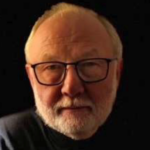
Joe SCHMITT MD, PhD, is Board-certified in paediatrics, infectious diseases, microbiology, virology and epidemiology. He was a full professor of infectious diseases and vaccine development in Kiel (1995-2000) and then in Mainz, Germany (2000-2007).
His research focussed (1) on respiratory tract infections, where his team was the first to develop a multiplex PCR for the simultaneous detection of up to 19 respiratory pathogens; and (2) on vaccine development. His laboratory was the National Conciliar Laboratory for Haemophilus influenzae.
He became a member (1995-2007) and was (re-) elected 3 times as chair (1998-2007) of the German NITAG (STIKO). He served as an advisor to the Paul Ehrlich Institute (PEI) and various WHO committees, including SAGE and the GACVS.
For his engagement to improve the field of vaccinology he was awarded the Helmut Stickl price of the German Academy of Paediatrics (2007). In the same year Schmitt joined industry. His last position was Vice President and Global Lead Viral Vaccines with Pfizer, which he held until May 2021.
He is currently scientific advisor to the EU-funded VACCELERATE consortium as well as Editor-in-Chief with Global Health Press (GHP; Singapore) and the designated Director of Pandemic Vaccine Preparedness in Singapore (Prepvax).
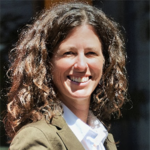
Prof. Dr. L. Suzanne Suggs, PhD, MS, BBA, CHES is a Full Professor of Social Marketing in the Institute of Communication and Public Policy at the Università delle Svizzera italiana (USI) in Lugano Switzerland, where she is Head of the BeCHANGE research group.
She is also a Visiting Reader at Imperial College London in the Institute of Global Health Innovation, Faculty of Medicine (UK), Vice-President of the Swiss School of Public Health (SSPH+), co-speaker of the Swiss Academies of Arts and Sciences Expert Group on Science Communication.
She was a member of the Scientific Committee of the Vaccine Hesitancy meeting in Annecy France for 8 years, and of the Swiss National COVID-19 Science Task Force during its two-year mandate. Previously, she was Assistant Professor of Health Communication at Emerson College and Adjunct Clinical Professor at Tufts University School of Medicine (USA).
She also has vast industry experience working in health behaviour companies and in consultancies. She is a Certified Health Education Specialist, has a Bachelor of Business Administration in Marketing (USA), a Master of Science and a PhD in Health Studies (USA), and did a post-doc fellowship in healthy ageing and patient-provider communication at McMaster University (Canada).
Her research focuses on health communication, determinants of health behaviours, and strategies to modify health related behaviours; concentrating mainly on vaccination acceptance and hesitancy, eating behaviours, and physical activity.

Angus Thomson is Principal of Irimi, an organization focused on building public trust in public health programs, with a particular focus on immunization.
He is also Adjunct Clinical Professor, Department of Communication Studies, Indiana University School of Liberal Arts at IUPUI, USA.
Angus was previously Senior Social Scientist for the Demand for Immunization team at UNICEF HQ. Dr. Thomson has conceived and helped build a number of global vaccine demand programs including the Vaccination Demand Observatory, the International Pediatrics Association Vaccine Trust Project, a program of psychological inoculation against vaccine misinformation, and an international collaboration which validated the use of context-driven vaccine messaging on online platforms. He co-authored the UNICEF Vaccine Misinformation Management Field Guide (15,000+ downloads) and the Vaccine Messaging Guide.
He is a technical expert on vaccine demand and uptake for organisations like UNICEF and the World Bank, and speaks with the media, including CNN, the BBC and El Pais, on the subject.
Having developed the 6As taxonomy of determinants of vaccination uptake, he has run national multi-stakeholder projects in Europe, Africa, the Middle East and Latin America that aim to improve vaccination uptake in national immunization programs.
Angus has published over 30 peer-reviewed opinion pieces, research papers, and book chapters on vaccine confidence and coverage, and co-edited an 18-paper Special Issue on Vaccine Confidence in Vaccine. He lectures on Vaccine Confidence for the VaxinLive Masters Program in Lyon, and the Harvard School for Public Health Vaccines and Vaccination course.
